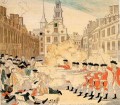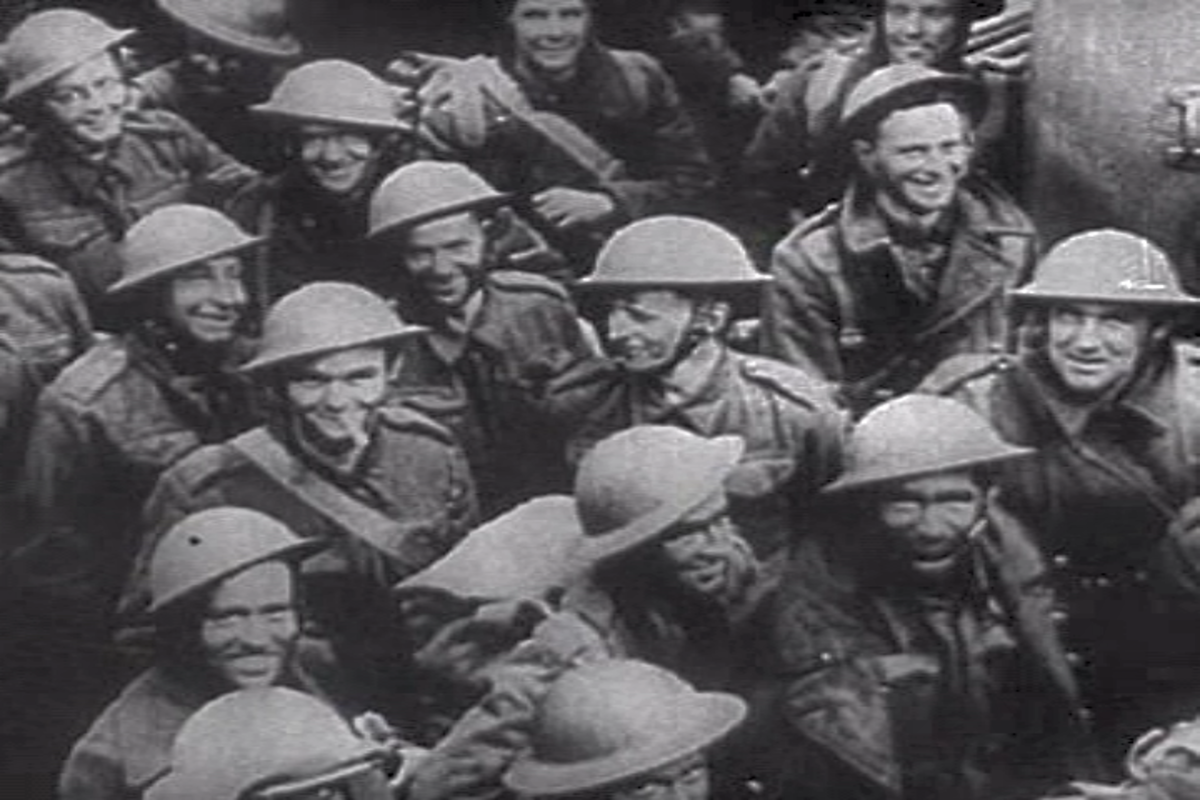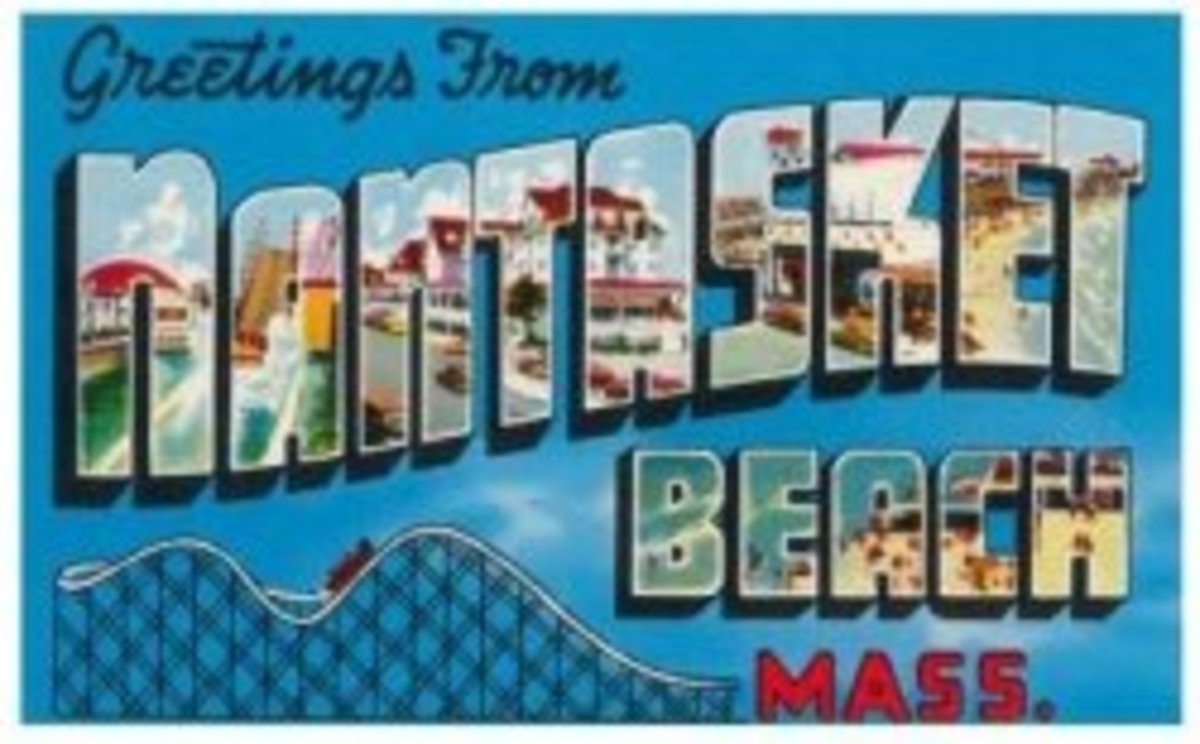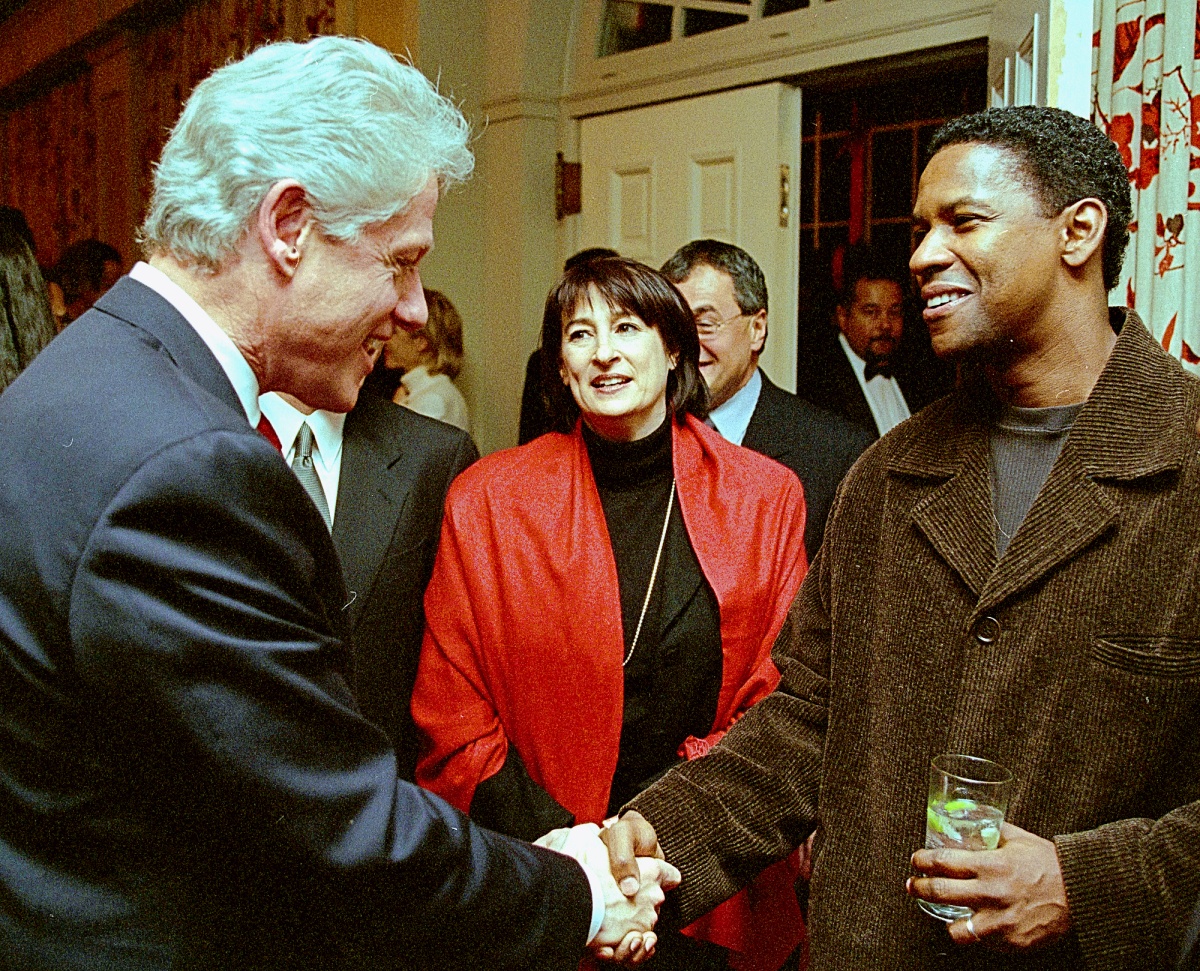The Evacuation Day - St. Patrick's Day Connection

Evacuation Day - Is It A Real Holiday?
In March of 1776, the British fleet departed Boston to go attack other areas, trying to keep those pesky colonists under control. Since this event happened in Boston Harbor, Bostonians claimed this as a holiday. The holiday is celebrated each year on March 17. That date should ring a bell with most folks, as the feast day of St. Patrick, the patron saint of Ireland. Boston has had a long standing association with Irish Catholics, and will continue to have that connection for the foreseeable future.
I used to work in municipal government for several communities in Western and Central Massachusetts. As municipal employees, state law guaranteed us the right to have 11 paid holidays a year, unless you happened to live in Suffolk County, where you were guaranteed 13 paid holidays. The same held true for all state employees, regardless of where they lived.
Evacuation Day was one of the two other holidays Boston area people got off with pay. The other extra one is Bunker Hill Day. A case could be made that Bunker Hill Day would have more significance both to the city of Boston and to the United States in general, as Bunker Hill is associated with one of the more famous battles of the American Revolution. Ironically, even the Battle of Bunker Hill is somewhat of a misnomer, because historians will tell you that the Battle of Bunker Hill was actually fought on nearby Breed's Hill, but I guess folks decided Bunker Hill sounded better than Breed's Hill. But I digress.
As a municipal administrator, I used to argue that since all men (and women) are created equal, if municipal employees in Boston, Cambridge and Somerville got to celebrate Evacuation/St. Patrick's Day, all municipal employees should be treated equally.
The reason I ask the question about whether this is a real holiday is because of the event that inspired the holiday. The British and the Americans had been engaged in a stalemate for 11 months, with British ships sitting out in Boston Harbor. Only once Henry Knox arrived with upwards to 59 cannon (it's been said that cannon should not have an s even when pluralized), which were posted in position at Dorchester Heights was the stalemate broken.
A blog that commemorates this historic event, located at http://boston1775.blogspot.com/2008/03/our.html quoted a British Officer who was reported to have said:
Our retreat was made this morning between the hours of two and eight. Our troops did not receive the smallest molestation, though the rebels were all night at work on the near hill, and we kept a constant fire upon them, from a battery of four twenty-four pounders. They did not return a single shot. It was lucky for the inhabitants now left in Boston they did not. For I am informed everything was prepared to set the town in a blaze had they fired one cannon.
Somehow I have a hard time buying that notion. Why, if the British were prepared to "set the town in a blaze" had they not done so during the previous 11 months during the stand-off? And why would they be retreating if they were in such a position? Further, why would the Americans not fire these cannon if they were under "a constant fire...from a battery of four twenty-four pounders," as the historic account contends?
Regardless of whose account you believe, the fact remains that the British did, in fact leave, and that there were no casualties reported on either side, so it begs the question, why is this holiday such a big deal?
I believe it is because of the connection with St. Patrick's Day. It would not be proper, in a nation that purports to value a separation of Church and State, to have an official holiday on a day in honor of a Saint. (You may argue that Christmas is such a holiday, but many others would argue that Christmas has become so commercialized that it is no longer a purely religious event). So in order to appease those who would object to such a holiday, they came up with the idea that it should be Evacuation Day, a great non-military victory, that apparently is only important enough that people in three eastern Massachusetts communities commemorate it.
I did some research to try to determine when this holiday became an official state holiday. Some report that Boston first celebrated Evacuation Day on March 17, 1901, some 125 years after the event. If it was such a momentous occasion, why would it take more than a century for the city to celebrate it?
I also found a copy of the Massachusetts General Law that pertains to Evacuation Day, the entire text of which follows:
Chapter 6: Section 12K. Evacuation Day
Section 12K. The governor shall annually issue a proclamation setting apart March seventeenth as Evacuation Day and recommending that it be observed by the people with appropriate exercises in the public schools and otherwise, as he may see fit, to the end that the first major military victory in the war for American independence, namely, the evacuation of Boston by the British, may be perpetuated.
I find it interesting that nowhere in that section does it refer to this being a holiday solely for Suffolk County, which begs the question of whether Gov. Deval Patrick could actually expand the scope of the observance to all 351 of the cities and towns in Massachusetts.
A little more research on this matter revealed that the influence of the holiday may be waning a bit, as the following excerpt from the Massachusetts General Laws would suggest:
SECTION 1.Notwithstanding section 12 and 13 of chapter 136 and chapter 71 of the General Laws and any other general or special law to the contrary, the school department of the city of Revere may, at the discretion of the school committee of the city, be open for business for all purposes including the instruction of students in classrooms on Thursday, March 17, 2005 and Friday, June 17, 2005.
SECTION 2.This act shall take effect upon its passage.
Approved March 15, 2005.
For the record, June 17 is the observance of the aforementioned Bunker Hill Day, so the lawmakers were not solely picking on Evacuation Day.
The fact that this holiday was not created for 125 years, and that it is now being watered down to allow local officials in Revere to decide whether their children should have to go to school or not would suggest to me that this holiday is really an event that is much more important to the Irish Americans than to the rest of the Commonwealth.
But fear not, ye Irish brethren. No one is planning to take away your God-given right to celebrate the departure of the British by drinking copious volumes of the poison of your choice in any Boston bar, pub, saloon or watering hole. Enjoy it! And have a drink for me, won't you?









